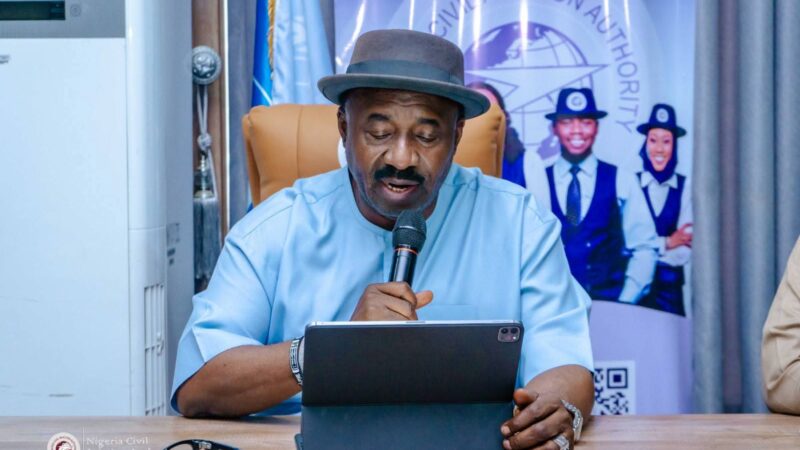Imperative of Rewarding Gallant Crime-Fighting Officers in Nigeria’s Security System

By Richard Omole
Nigerians have long lamented the country’s failure to fully recognise and reward citizens who distinguish themselves in service to the nation.
While talent abounds across fields—from sports to science, arts to public service—many who demonstrate rare courage, particularly in the security sector, remain unsung.
Nowhere is this neglect more glaring than among frontline officers in the police and armed forces. These men and women take extraordinary risks to keep society safe, sometimes paying with their lives, yet their sacrifices are too often forgotten once the dust of a successful operation settles.
Security work in Nigeria comes with daunting risks. Officers face heavily armed robbers, kidnappers, smugglers, and terrorists. Some never make it home, while others survive with injuries that alter their lives forever. For those lucky enough to live, society rarely offers more than fleeting praise.
“It is only fair that those who put their lives on the line to protect others are specially rewarded,” said Mrs. Remi Johnson, a Lagos resident. “That is how you inspire the next generation to serve with courage.”
Experts agree that recognition must extend beyond promotions or medals; it should also include reintegrating such officers into advisory or training roles after retirement. In other climes, veterans of gallant service are retained to strengthen institutional knowledge and mentor younger officers.
One of the most striking examples of gallantry in Nigeria’s policing history is that of Assistant Commissioner of Police (ACP) Tokunbo Abaniwonda, whose name still rings loud in the memory of many Lagosian.
Then a Chief Superintendent of Police and Divisional Police Officer at Alausa Division, Abaniwonda orchestrated a daring sting operation against a notorious three-man armed robbery gang that had turned the Otedola Bridge traffic gridlock into a hunting ground.
Feigning a bus breakdown, she deployed female officers in mufti as bait. When the robbers struck, Abaniwonda herself was attacked with a machete and severely injured. Despite her wounds, she pursued the gang through a canal under the bridge, tracked them to a hotel in Akute, and personally led the arrest of the criminals along with one of their accomplices.
Her bravery caught the attention of the Inspector General of Police, Dr. Kayode Egbetokun, who promoted her to Assistant Commissioner of Police. “For us residents, it was an unforgettable moment of courage,” recalled Johnson, whose home is near the crime scene. “It restored our faith that there are truly dedicated officers in the system.”
Abaniwonda’s case is not isolated. Inspector Michael Ngbede of the Rapid Response Squad (RRS) and his team intercepted a taxi at Mile 2 carrying an astonishing cache—2,660 rounds of live ammunition and 60 empty AK-47 magazines concealed in bags of beans. Such seizures prevent weapons from fuelling deadly violence across the country.
Similarly, retired ASP Mike Onalo, attached to the CID at Panti, once confronted six armed robbers in a scuffle. He shot one, disarmed another, arrested four, and recovered rifles along with a stolen getaway car. Yet, after retirement, his invaluable expertise was allowed to leave the system untapped.
These stories are evidence that gallantry exists within Nigeria’s security architecture—it only needs to be recognised and sustained.
Security experts warn that failure to properly reward officers can breed frustration, weaken morale, and fuel the perception that courage is futile.
“When an officer risks his life and society barely acknowledges it, the unspoken message to others is: don’t bother,” said a retired police commissioner.
This neglect contrasts sharply with practices elsewhere. The United States awards its Medal of Valor; the United Kingdom honours its bravest with the Queen’s Police Medal. South Africa maintains annual police service awards. Nigeria lags behind, often limiting recognition to one-off commendations or hurried promotions.
The solution, many argue, is to institutionalise a National Gallantry and Service Award Scheme across all security agencies.
Such a system would publicly honour extraordinary acts, while offering tangible incentives like scholarships for children of officers, housing support, and accelerated career progression.
Critically, the programme must also ensure retired heroes like ASP Onalo are retained within the system—either in training schools, policy think tanks, or mentoring capacities—so that their battlefield wisdom continues to benefit the country.
In a nation grappling with crime and insecurity, gallant officers are the thin blue line standing between citizens and chaos. Their bravery is the oxygen of public safety. But unless Nigeria finds a structured way to reward and celebrate these men and women, the system risks losing not just lives—but also morale and institutional memory.
As ACP Abaniwonda’s story demonstrates, gallantry is not in short supply. What is scarce is recognition. To build a safer future, Nigeria must ensure its heroes are not forgotten footnotes, but celebrated figures whose courage inspires generations.
Or as one officer put it simply: “Courage must never go unnoticed. If we don’t reward our heroes, we will discourage the very spirit that keeps us safe.”







